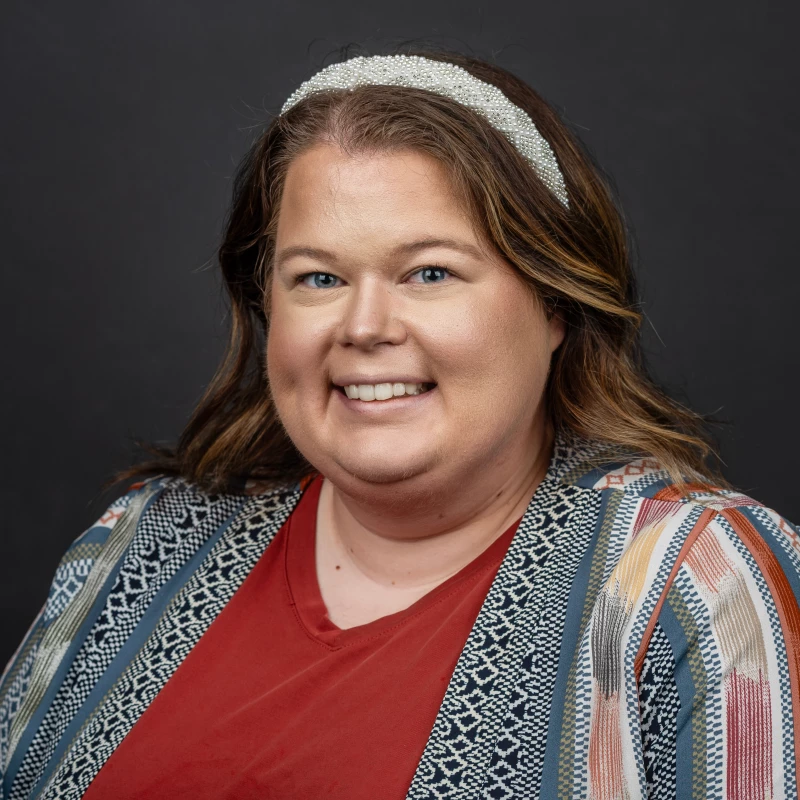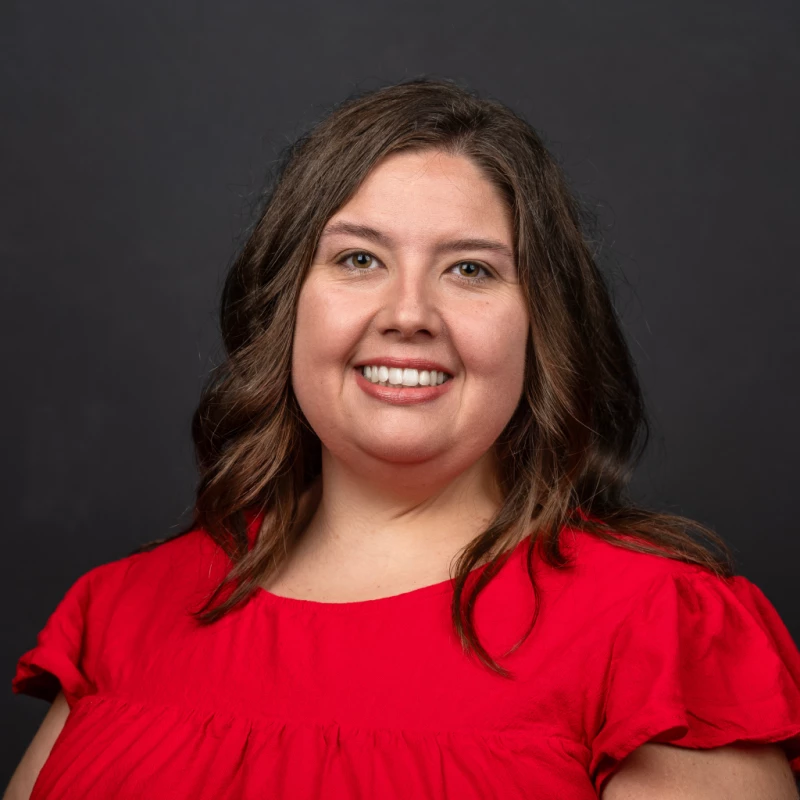H.O.W.L. Transition Program
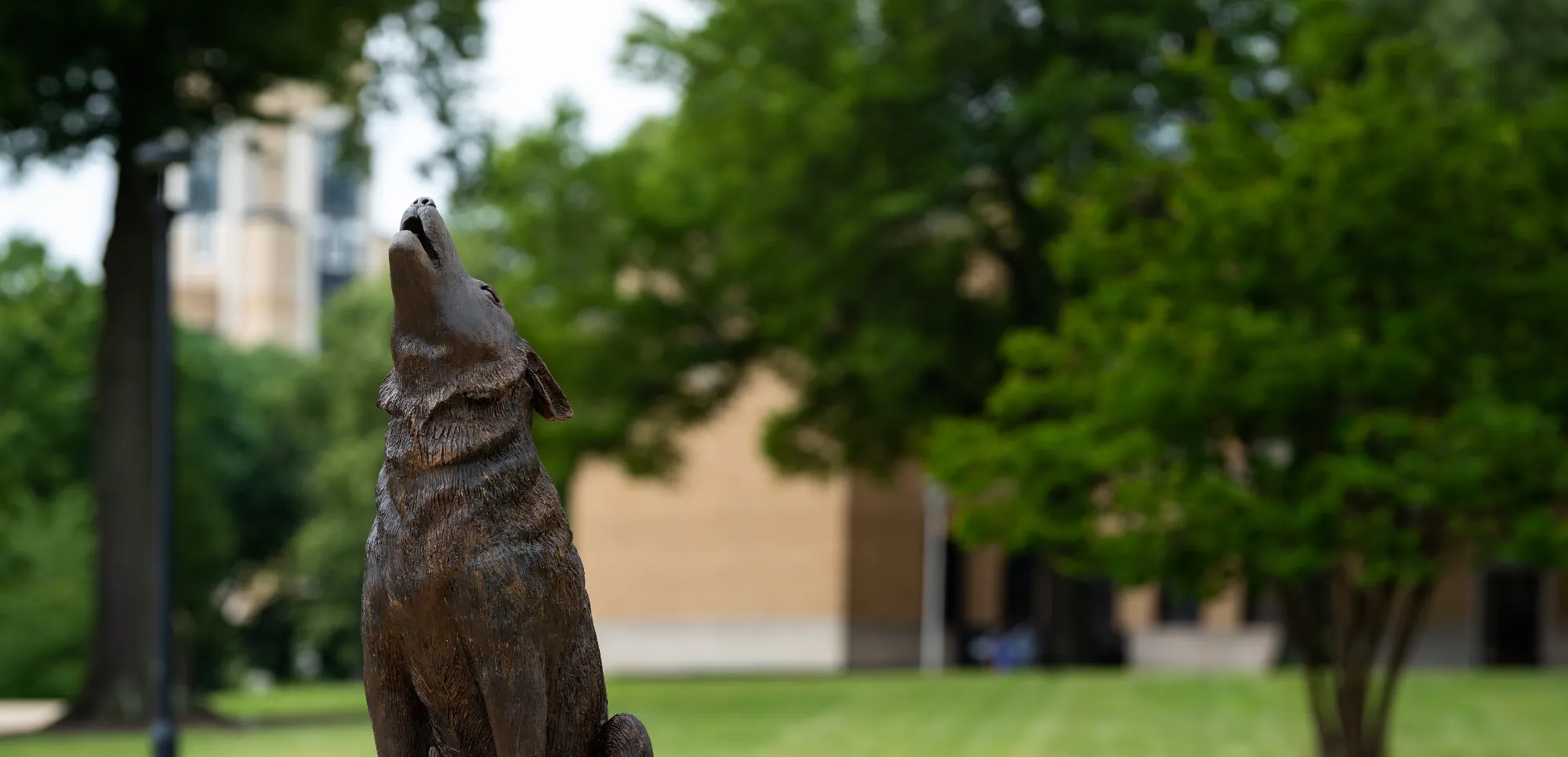
Student Support & Services
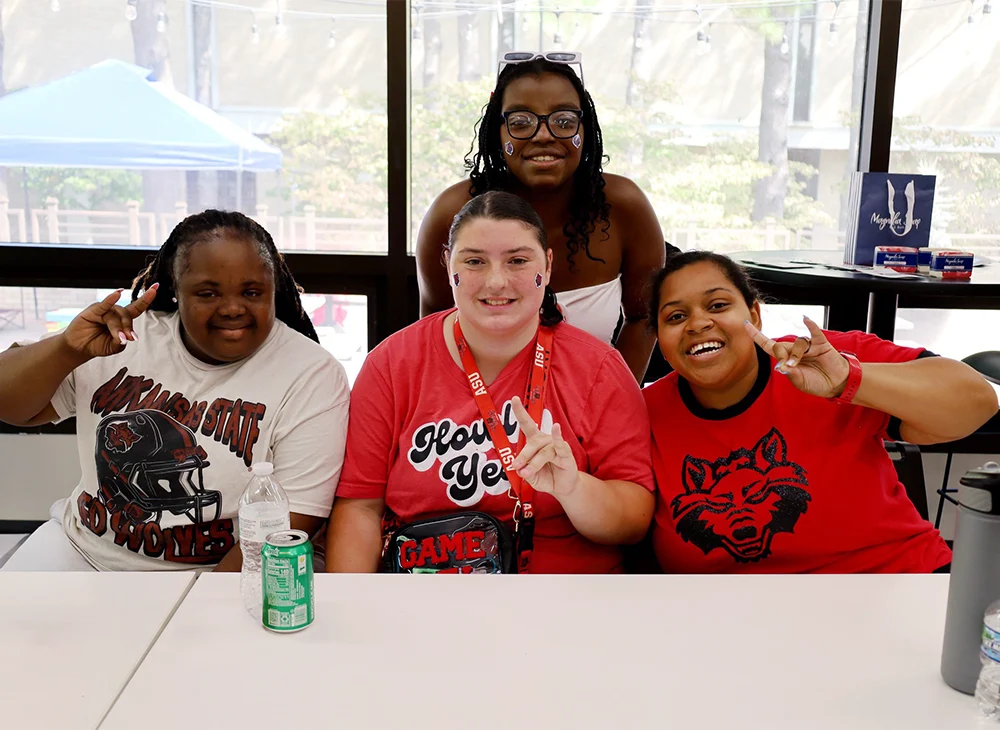
Academics

Career Planning
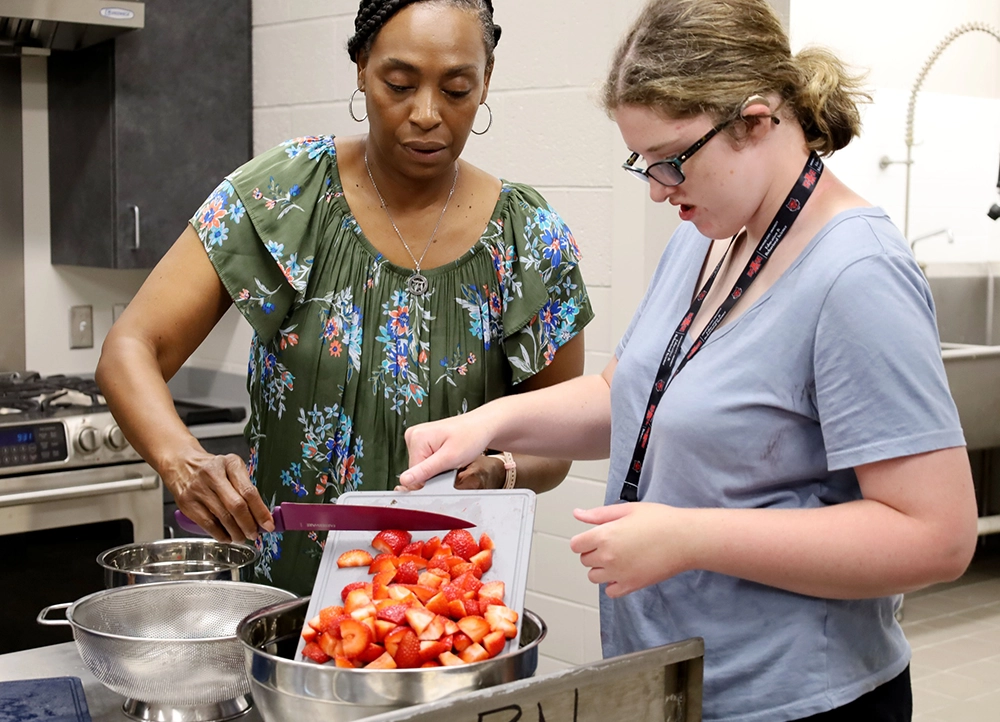
Independent Living
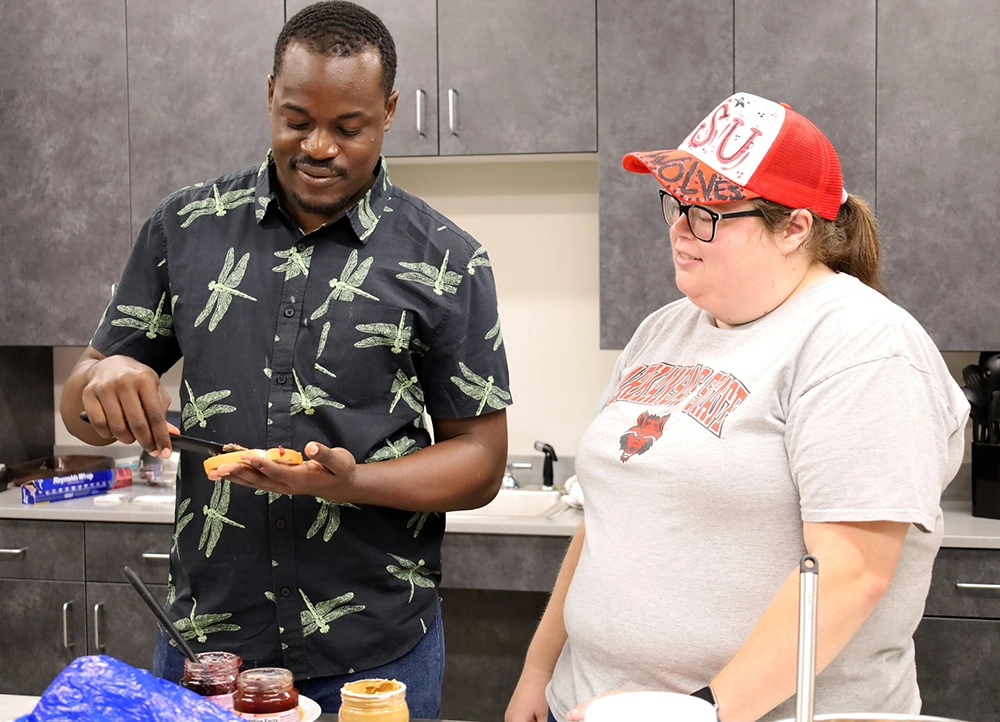
Mentoring
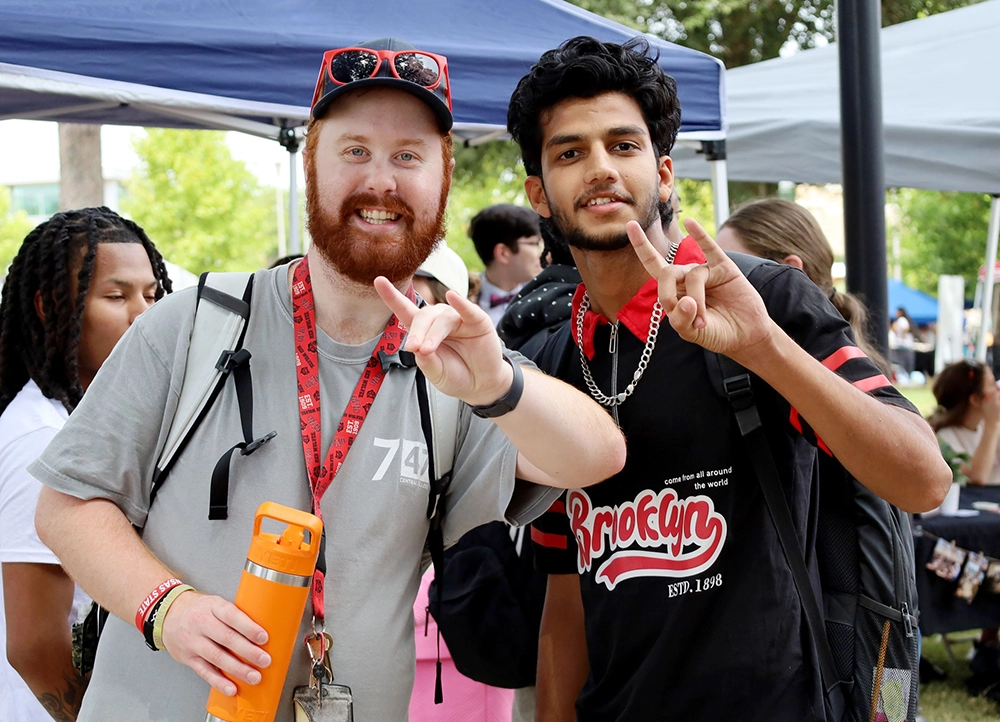
Social Skills
Learning at A-State
H.O.W.L. Transition Program students attend classes on the main A-State campus in Jonesboro, Arkansas. They have access to the same academic services, student resources, and campus events as all other students.
By the time they finish the program, students will be better prepared to enter the workforce in their communities. They will gain important skills like how to work with others, follow job expectations, and build professional experience. Core classes help students learn what they need to succeed in today’s job market.
Program Outcomes
Gainful Employment
Socialization
Self-Esteem
Campus Experience
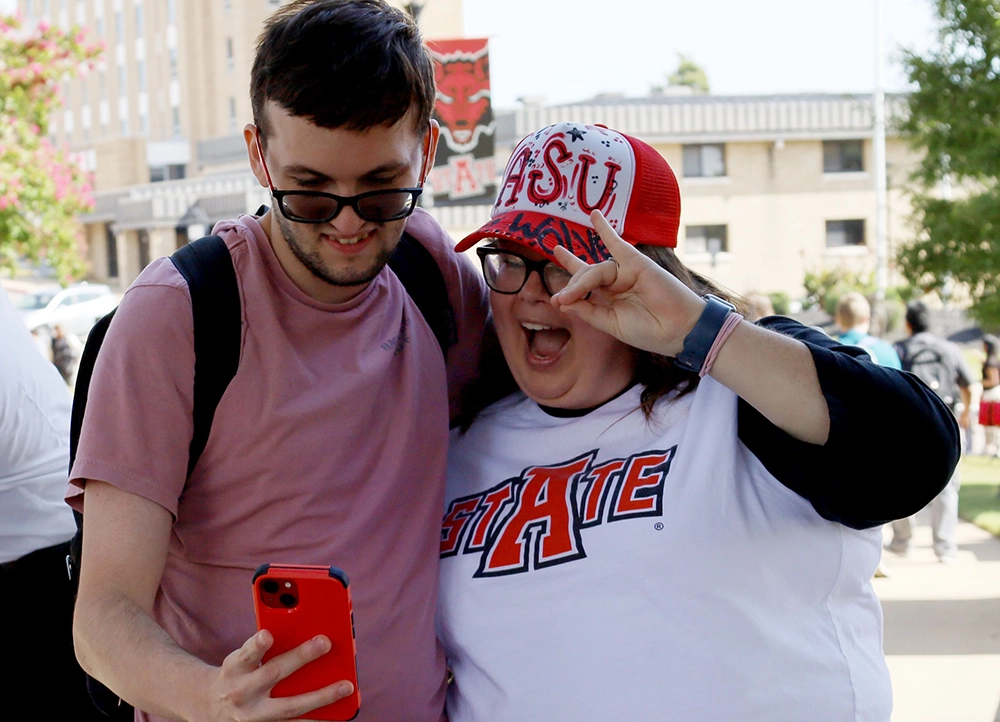
Student Life
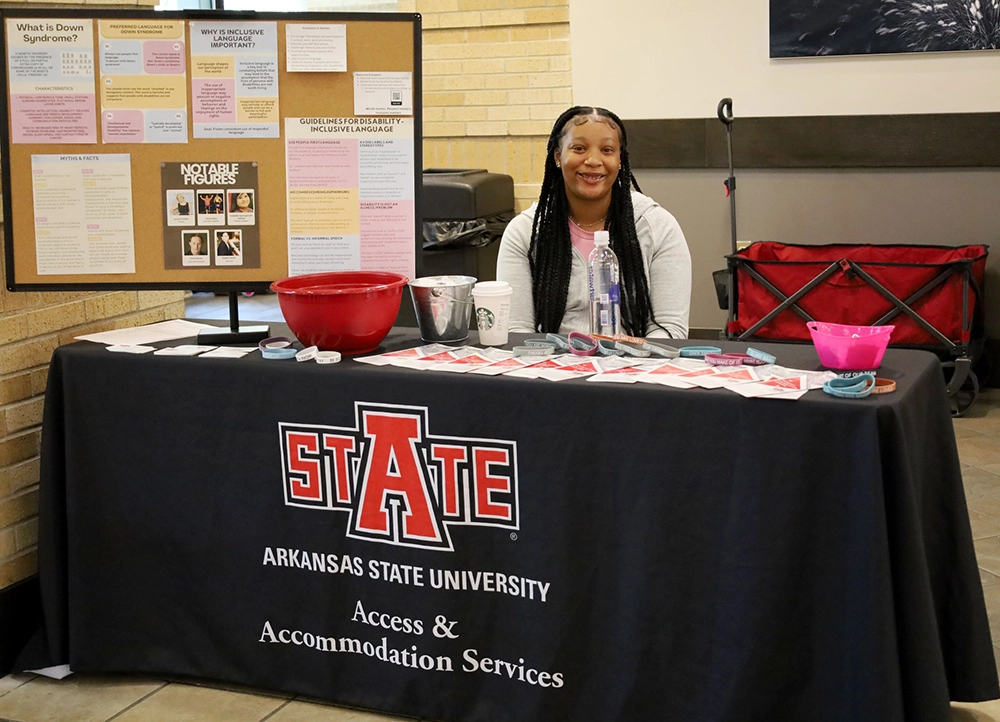
Mentoring System
Information & Resources
Satisfactory Academic Progress
Satisfactory Academic Progress (SAP) will be determined using a person-centered planning approach. For ASD students who are enrolled in their degree coursework for credit, satisfactory progress will be determined by satisfactory grade point average (GPA), as required for all students of a 2.0 GPA, plus satisfactory performance in work internships (with a rating of at least “Expected Progress” on their internship goals). For students who are enrolled in their classes on an audit basis, the goals will be determined and agreed upon for each student through the collaboration of the student, the student’s professors, and the campus coordinator staff. A rubric will be used to identify and quantify the student’s goals and progress for each course.
Certificate of Achievement
To obtain a H.O.W.L. Certificate of Achievement, a student must complete the following minimum requirements.
- 48 Hours of Coursework – either taken for credit or audited. If courses are audited, modified assignments tied to both course content and specific career and or life goals must be included. Course of study (48-hour program) will be individually determined in relation to student goals. For students who are auditing, satisfactory academic progress will be measured by performance on individually modified assignments. HOWL professional staff will work in collaboration with course instructors to modify course assignments, so as not to create additional responsibilities for faculty.
- Minimum of two supervised internships related to career goal. Internships can be paid or non-paid.
- Student portfolio of accomplishments is required for completion of HOWL. Portfolio will include examples of assignments or projects for courses taken for credit; modified course assignments or projects for audited classes; examples of skills obtained through internships; and may also include examples of leadership or service learning activities on campus or in the community, extra-curricular involvement, etc.
The following table is an estimate of the annual cost of the H.O.W.L. Transition Program. Other fees may apply. For full updated A-State tuition and fees visit the tuition and fees page.
| empty table header | Cost |
|---|---|
| Tuition | $1,890.00 |
| Fees | $812.00 |
| Housing | $2,550.00 |
| Meals | $1,670.00 |
| Incidentals | $900.00 |
| H.O.W.L. Fee | $5,000.00 (per semester) |
| TOTAL | $12,822.00 |
Candidate Requirements
To be eligible for the H.O.W.L. Transition Program, a candidate must meet the following requirements:
- Function without attendant care for personal needs.
- Independently and accurately manage and administer their own medications.
- Ability to independently communicate basic needs and wants.
- The applicant must have an identifiable (e.g., IEP, psychoeducational report: must have been conducted within the past two years) intellectual disability and/or autism.
- The age range of students to be accepted is approximately 18 – 26 years of age.
- The applicant must be free of any communicable diseases that are transmissible by causal contact and all immunizations must be up to date. He or she must have health insurance.
- The applicant must have received a diploma or certificate of completion or equivalent from a high school program.
- The applicant must be able to live on campus.
- The applicant must possess enough self-help skills and responsibility to safely and independently function in his/her apartment with minimum to no supervision during all program hours.
Required While in Program
- The applicant must have acceptable social behavior, verified by previous schools, family, and/or agency personnel as well as the ability to get along with peers, follow rules, and accept supervision.
- The applicant must be willing to attend all hours of instruction a week, as well as the supported learning during after-hours and weekends.
- The applicant must have a strong desire to complete the program and live independently.
Who is Eligible?
Intellectual Disability
The Department of Education at Arkansas State University (A-State) will provide students with intellectual disabilities (ID) an inclusive college experience. Intellectual disability is defined by the Higher Education Act as:
A student—
(A) With a cognitive impairment, characterized by significant limitations in—
- intellectual and cognitive functioning; and
- adaptive behavior as expressed in conceptual, social, and practical adaptive skills; and
(B) Who was formerly, eligible for a free appropriate public education under the Individuals with Disabilities Education Act (IDEA).
Autism Spectrum Disorder
In addition to students with ID, The Department of Education at Arkansas State University (A-State) will provide students with Autism Spectrum Disorder (ASD) social and vocational support through the HOWL Program.
A student with ASD is described as:
(A) Having a current medical diagnosis of Autism Spectrum Disorder (ASD) with significant limitations in–
- adaptive behavior as expressed in conceptual, social, and practical adaptive skills; and
- who was formerly, eligible for a free appropriate public education under the Individuals with Disabilities Education Act (IDEA).
Connect With Us.
Faculty & Staff

